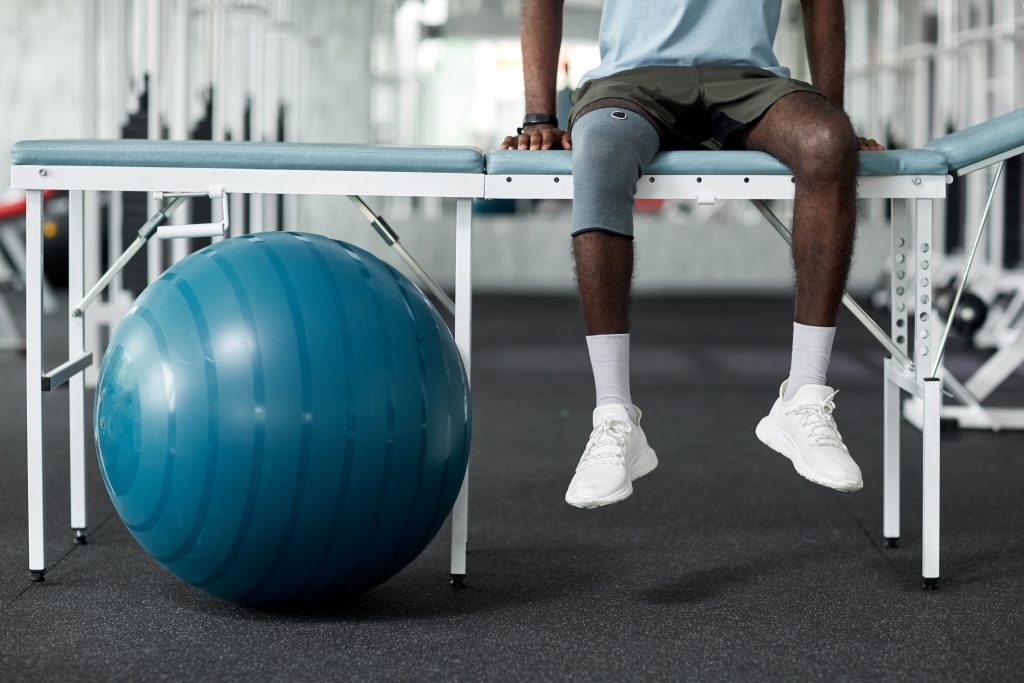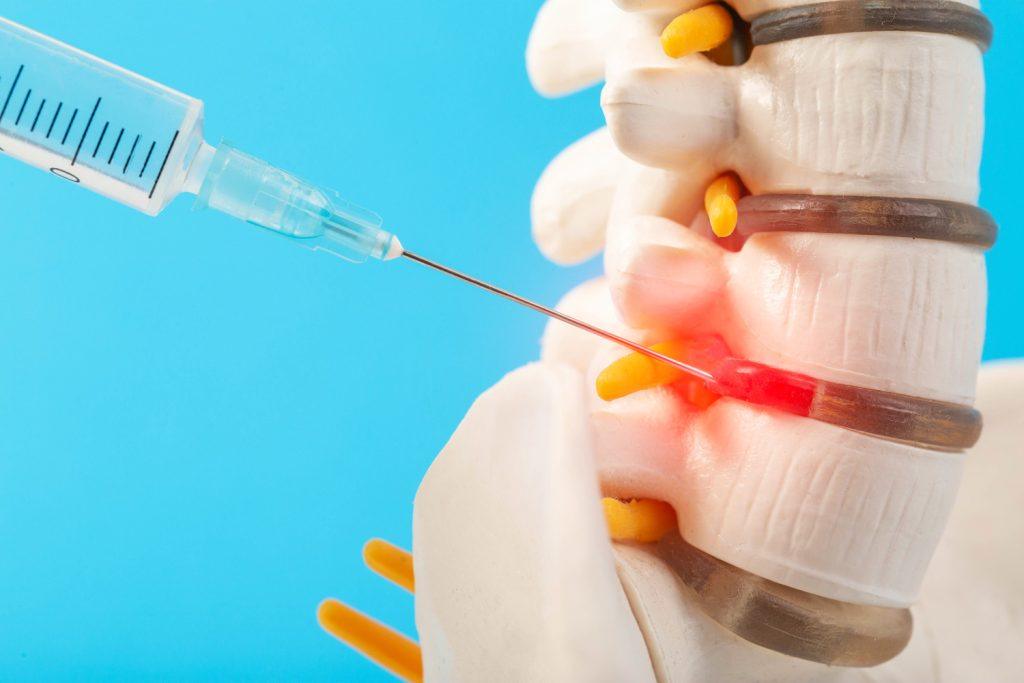What to Expect During Rehabilitation in Orlando, FL

Rehabilitation is essential for recovering from injury, illness, or surgery, aiming to restore physical, mental, or emotional well-being. In Orlando, FL, expect comprehensive assessments, personalized therapy, and discharge planning. Explore physical, occupational, speech therapy, and mental health rehab. Success hinges on qualified staff, individualized plans, supportive environments, and continuous communication.
What Is Rehabilitation?
Rehabilitation is a multidisciplinary healing and recovery approach involving therapy sessions, individualized treatment plans, and medical supervision. It encompasses a range of interventions, including physical exercises, occupational therapy, speech therapy, and group therapy, aimed at restoring and enhancing an individual’s well-being and functionality.
Therapeutic interventions in rehabilitation also extend to psychological support, counseling, and educational programs to address the mental and emotional aspects of recovery. These programs facilitate the development of coping strategies, stress management techniques, and social skills, fostering holistic healing.
Why Is Rehabilitation Needed?
Rehabilitation is vital for those dealing with injury, illness, surgery, or chronic conditions, aiming to enhance function and life quality. Tailored treatment plans aid in mobility and independence restoration, utilizing techniques like exercise and manual therapies. Discharge planning, life skills training, and family involvement support successful transitions post-rehab—surgery recovery benefits from supportive environments and coping strategies. Chronic condition management includes nutritional counseling, goal setting, and progress tracking for sustained well-being.
What Are the Different Types of Rehabilitation?
Rehabilitation includes specialized types, such as physical, occupational, speech, and mental health, each targeting specific needs. Physical rehab focuses on mobility and strength, while occupational rehab aids daily activities and work skills. Speech therapy addresses communication and swallowing issues, and mental health rehab offers counseling and support for emotional well-being.
1. Physical Rehabilitation
Physical rehabilitation aims to restore function and mobility with interventions led by skilled professionals like physical therapists. It involves personalized exercises, pain management strategies, and recreational activities to enhance wellness and recovery. Therapists assess abilities, design treatment plans, and use techniques like ice therapy and electrical stimulation to reduce discomfort. Recreation activities also aid mental well-being, fostering mood and motivation crucial for recovery.
2. Occupational Rehabilitation
Occupational rehabilitation, led by occupational therapists, focuses on improving daily task performance and meaningful activity participation. Individuals develop independence in managing routines through personalized plans and life skills training. Therapists assess abilities and craft interventions to address challenges, empowering progress toward greater autonomy and engagement in valued activities.
3. Speech Therapy
Speech therapy focuses on improving communication skills and addressing speech and swallowing disorders. Working with speech pathologists, individuals receive personalized therapy plans tailored to their needs. Techniques aim to enhance articulation, language, fluency, and voice production. Pathologists diagnose and treat various impairments using traditional and modern approaches. They also manage swallowing disorders for safety and comfort during daily activities. Overall, speech therapy significantly enhances clients’ quality of life.
4. Mental Health Rehabilitation
Mental health rehabilitation addresses psychological well-being through psychoeducational classes, coping strategies, and support from professionals. It manages conditions like substance withdrawal and promotes wellness. Psychoeducational courses provide knowledge and tools for self-management, covering topics such as stress and communication. Coping techniques like mindfulness and journaling aid in anxiety reduction and emotional regulation. Collaboration with therapists and psychiatrists offers personalized support and therapeutic interventions, fostering healing and growth.
What Can You Expect During Rehabilitation in Orlando, FL?
Receiving rehabilitation services in Orlando, FL, offers a holistic approach to healing and recovery within a supportive environment provided by institutions like Orlando Health. Patients benefit from various services, including physical, occupational, speech, and specialized programs tailored to specific needs.
Orlando Health coordinates these services, ensuring a multidisciplinary approach to rehabilitation. State-of-the-art facilities and cutting-edge technology enhance treatment experiences and outcomes. Collaborative efforts among healthcare providers, therapists, and support staff foster patient progress and well-being.
Comprehensive assessments at centers like the Orlando Recovery Center guide the development of individualized treatment plans. These plans, personalized to each patient’s needs and goals, involve setting objectives, tracking progress, and receiving medical supervision.
Hands-on therapy, including physical exercises and occupational therapy, helps patients improve mobility and functionality under the guidance of skilled professionals—techniques such as manual therapy and therapeutic massage target discomfort areas, promoting faster recovery and pain relief.
Goal setting and progress tracking ensure measurable milestones and motivate recovery. Supportive networks and engagement in recreational activities maintain a positive mindset throughout the rehabilitation journey.
Support and education, including counseling services and psychoeducational classes, aid individuals in understanding addiction and developing coping strategies. Collaborative efforts between rehab facilities and mental health experts provide holistic care, minimizing relapse risks and promoting long-term recovery.
Discharge planning, facilitated by professionals like Butch Vititoe, ensures smooth transitions post-rehabilitation. Comprehensive procedures address physical, emotional, and psychological needs, optimizing successful recovery outcomes. Post-rehabilitation care involves monitoring progress and providing ongoing support to promote independence and overall well-being, improving the quality of life for individuals undergoing treatment.
How Long Does Rehabilitation Typically Last?
The duration of rehabilitation varies based on individual needs, the nature of the condition, and treatment goals. Progress monitoring and continuous evaluation are vital in determining the optimal length of a rehabilitation program tailored to facilitate effective recovery.
It is essential to consider the specific milestones that need to be achieved during rehabilitation. Each person’s response to treatment differs, and tracking progress against these milestones helps adjust the program accordingly. With set recovery timelines, healthcare professionals can ensure that the rehabilitation journey is on track and make modifications when necessary.
What Are the Key Components of a Successful Rehabilitation Program?
A successful rehabilitation program hinges on qualified staff, a supportive environment, and continuous communication. Qualified staff offer tailored care, drawing from experience to address diverse needs effectively. In a supportive setting, patients feel safe and motivated, aiding their journey to recovery. Continuous communication fosters a cohesive approach, allowing for timely adjustments and shared decision-making, ultimately enhancing treatment efficacy and strengthening the patient-provider bond.
Qualified and Experienced Staff
The presence of qualified and experienced staff, including rehabilitation professionals, healthcare experts, and skillful therapists, is crucial for delivering high-quality care and ensuring positive rehabilitation outcomes. Their expertise and dedication significantly impact the effectiveness of the rehabilitation process.
Rehabilitation settings require a multidisciplinary approach, where each team member plays a vital role in the patient’s recovery journey. Communication between physicians, psychologists, occupational therapists, and nurses is essential for developing personalized treatment plans and monitoring progress. These experts’ combined knowledge and skills help address rehabilitation’s physical, emotional, and psychological aspects for comprehensive and holistic care.
Individualized Treatment Plan
An individualized treatment plan offers tailored care through a personalized approach that considers each patient’s unique needs and preferences. By providing customized therapy and interventions, the treatment plan maximizes the effectiveness of rehabilitation and enhances the patient’s overall experience.
Such personalized strategies allow healthcare professionals to address each individual’s challenges and goals, leading to more targeted and efficient treatment outcomes.
Individualized plans emphasize a holistic approach by incorporating physical, emotional, and psychological well-being, fostering a comprehensive healing process.
This level of customization fosters a strong patient-provider relationship built on trust and understanding, establishing a supportive environment for the recovery journey.
Supportive Environment
Creating a supportive environment in rehabilitation involves providing comfortable surroundings, fostering an encouraging atmosphere, and implementing patient-focused care practices. Such an environment promotes healing, motivation, and well-being among rehabilitation individuals.
A comfortable setting in a rehab center can significantly impact a patient’s mental and physical well-being, aiding in faster recovery and overall satisfaction. The ambiance is crucial in cultivating a positive mindset and helping patients stay motivated throughout their rehabilitation.
Patient-centric approaches ensure that individual needs are met, fostering a sense of giving the power to be involved in their own recovery process. By creating a supportive environment, rehabilitation facilities can enhance the overall experience for patients, leading to better outcomes and improved quality of life.
Ongoing Communication and Collaboration
Effective rehabilitation programs prioritize ongoing communication and collaboration among healthcare professionals, promoting teamwork, multidisciplinary coordination, and active patient involvement. This approach ensures seamless care delivery, comprehensive treatment planning, and positive patient outcomes.
In this patient-centered care model, constant dialogue between specialists, therapists, and caregivers enables sharing valuable insights, which contribute to tailored treatment plans and holistic support. Team members work in unison to address not just the physical aspect of rehabilitation but also the emotional and psychological needs of patients, fostering a supportive environment for recovery. By establishing clear communication channels and encouraging open discussions, healthcare teams enhance treatment efficacy, reduce errors, and boost patient satisfaction, ultimately leading to better health outcomes.
Warning: urlencode() expects parameter 1 to be string, array given in /www/wwwroot/surgeryconsultantsofflorida.com/wp-includes/formatting.php on line 5693

